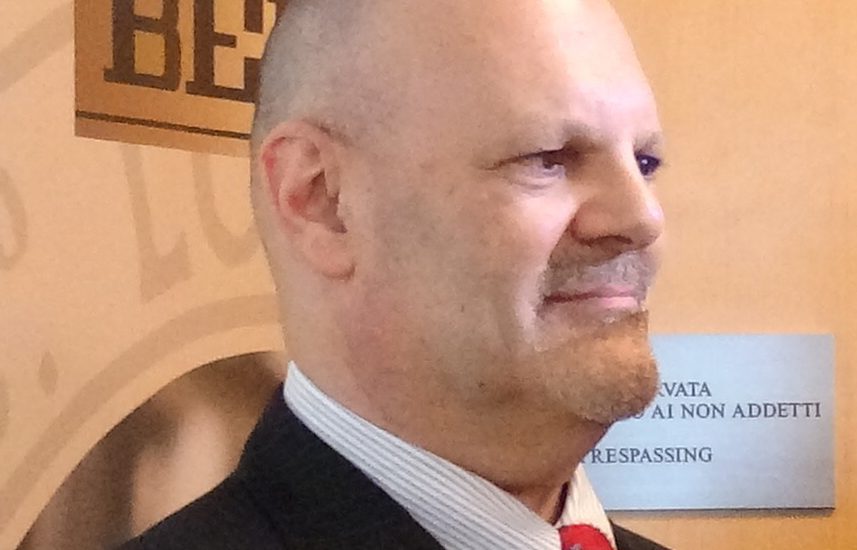THE NEW INITIATIVE BY THE NORTH AMERICAN OLIVE OIL ASSOCIATION
The North American Olive Oil Association (NAOOA), the most important and long-lived association of its kind in the olive oil sector, is working on the creation of the Standard of Identity (SOI), a regulation to ensure the quality of olive oil being sold in the United States.
A basic regulation for consistent quality control of the olive oil product that lands daily on supermarket shelves in the U.S.
A project that can resolve once and for all the matter of authenticity and quality, a Standard of Identity (SOI) in this sector that is accepted/adopted by the Food and Drug Administration.
The North American Olive Oil Association’s project intends to define parameters and create a protocol for testing that can guarantee the quality level of olive oil circulating in the U.S.
NAOOA’s initiative is starting to get positive feedback in California and there’s optimism in the sector.
Being studied is the research methodology and the labs to be accredited for testing and, most of all, a strict protocol for testing the organoleptic properties of the oils.
A protocol suitable for respecting the different and necessary degrees of testing and appeal, with full respect for the privacy of those involved, preventing partial information from circulating and instrumentally causing commercial damage before the testing process is completed.
The basic principle is effective regulation to establish the quality of olive oil in order to protect consumers.
Total olive oil consumption in the U.S. market is estimated by the IOC (International Olive Council) at approximately 315,000 tons annually.
“Defining a Standard of Identity for olive oils in the U.S. will be a fundamental step to create clarity regarding the quality of products on the market and to protect/properly inform consumers,” states Marco de Ceglie – NAOOA board member.
“The complete process will not be a quick one,” de Ceglie continues, “but it’s important to reach an agreement in principle quickly between all the stakeholders.
For the Italian operators and for the agricultural sector in Italy,” concludes de Ceglie, “this must be a key moment to return to their leading position.”
